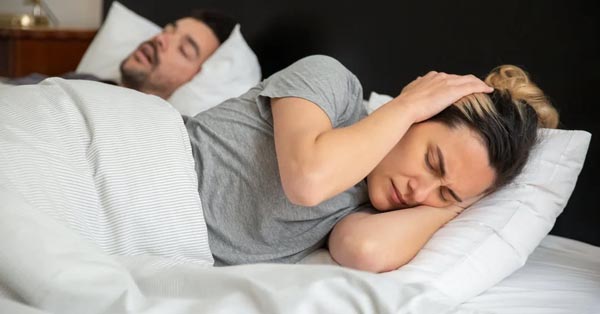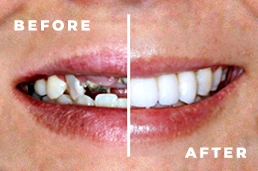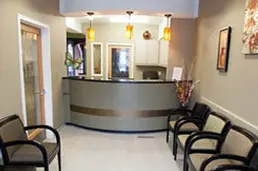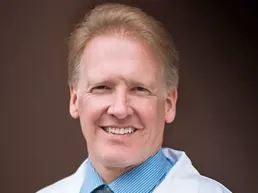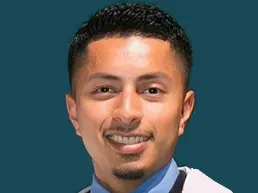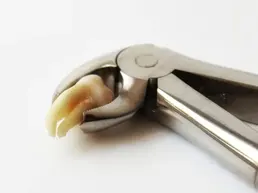How We Can Help Manage Grinding, Snoring, and Sleep Apnea
Getting a good night's sleep is something most people know they need, but very few actually achieve. In fact, an estimated 70 million Americans report having at least one sleep-deprived night per month, and one in 10 report never getting sufficient sleep.
When it comes to sleep apnea, a serious medical condition, restless nights can have dangerous consequences like high blood pressure, stroke, or even diabetes. If you're one of the estimated 22 million Americans who have been diagnosed with sleep apnea, you know that the clock is ticking on finding the best way to manage your condition.
Our dental sleep specialists at The Dental Touch offer insights on how we help their patients manage the things keeping them up at night.
A good place to start the conversation about sleepless nights is to address the elephant in the room: snoring. Snoring is a great topic for humorous banter among couples about who keeps whom up at night, but medically speaking it is anything but funny.
The annoying snoring sound is caused when soft tissue in the upper airway vibrates. Sounds innocent enough, right? Wrong. It's one of the major symptoms of obstructive sleep apnea (OSA), a dangerous condition where sufferers stop breathing from a few seconds to up to a minute or so hundreds of times during the night.
If you are among the 54 million Americans that have been diagnosed with obstructive sleep apnea, you know that finding a way to manage your condition is crucial. However, when you consider that 80% of those that have OSA don't even know they have it, you begin to see the gravity of the situation.
We monitor your sleep to record key diagnostic data
The good news is that dentists are uniquely qualified to address snoring and other issues like teeth grinding that can also play into sleepless nights. By virtue of the education and clinical training dentists have a unique expertise when it comes to the mechanics of the jaw and mouth. This training helps them diagnose the physical causes of snoring as well as detect symptoms of teeth grinding.
Our dentists at The Dental Touch couple this knowledge with advanced training in sleep dentistry and specialized diagnostic tools. Our practice uses an FDA-approved device called the STATDDS™ Bruxism and Sleep Monitor. The device records information that helps our dentists design personalized treatment plans to manage each patient's unique sleep issues. You can view a video that shows how easy it is to use the device here.
Grinding and airway issues measured at the same time
One of the best things about the STATDDS Bruxism and Sleep Monitor is that our dentists can get data on your incidents of bruxism, snoring, and sleep apnea during the night -- all at the same time. This objective data also provides baseline measurements for bruxism and sleep apnea.
Our dentists always had the ability to design custom-made dental mouth guards to treat bruxism and oral appliances for sleep apnea, but now they're armed with objective data to not only track the progress of oral appliances, but also more importantly, to ensure that we aren't fixing one issue and negatively affecting other sleep problems. To put it simply, if a patient has bruxism and sleep apnea, it's important that while we are treating bruxism, we aren't making the sleep apnea issue worse. Teeth grinding causes many problems, but sleep apnea almost always has more serious consequences.
Sleep study performed at home
In the past, getting a sleep study meant carving out time to go to a sleep laboratory. With the STATDDS Bruxism and Sleep Monitor everything is done in the comfort of your home. Our dentists and professional staff provide you with setup instructions, and while you sleep the information is recorded on the device.
If you wake up with jaw pain or feeling tired, contact our dental team in Oakland, California, for a consultation. We can find out what's going on and help you get the good night's sleep you deserve. Book online or call today.
